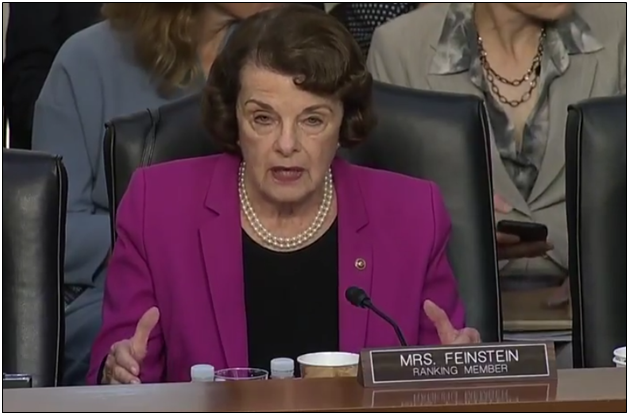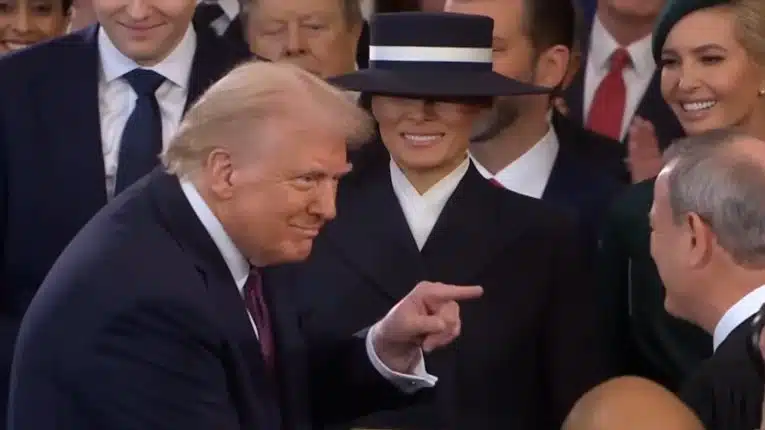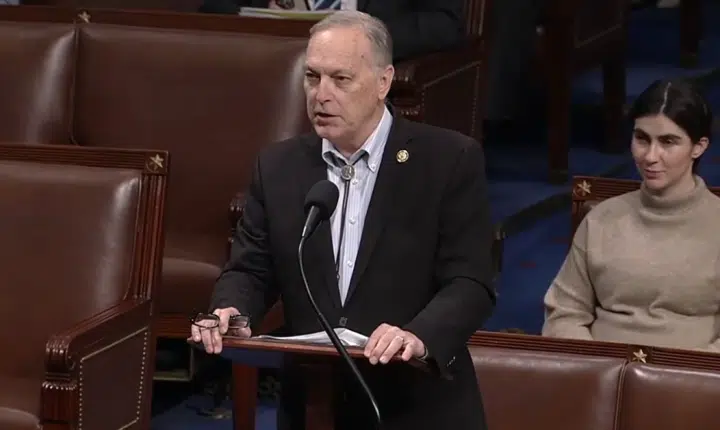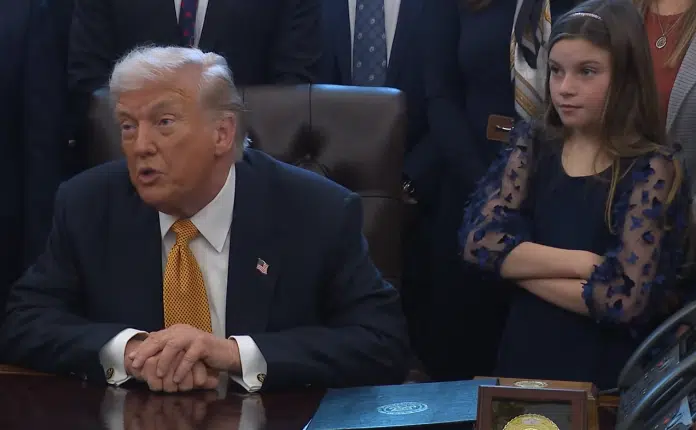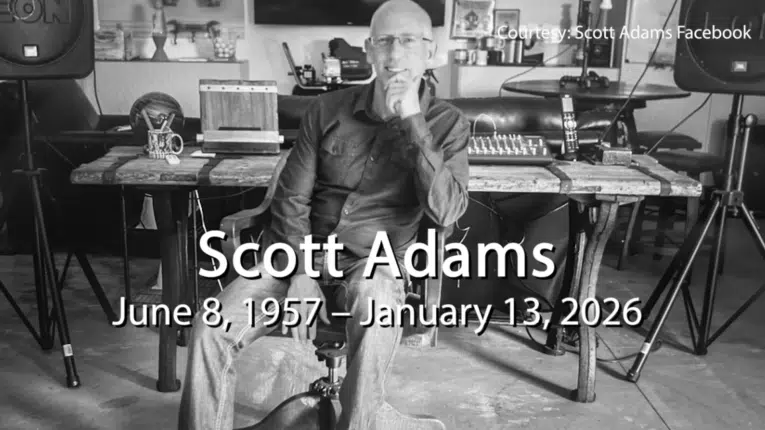By Natalia Castro
As originally published at Futurefemaleleader.com.
We may never know if Christine Blasey Ford was a victim of an attempted rape at the hands of Supreme Court Justice nominee Judge Brett Kavanaugh. However, one thing can be certain, thanks to Diane Feinstein, we are much further from finding out the truth. Now, all future victims and the entire #MeToo movement will suffer from the overly politicized process for handling this information.
Late last week, Senate Judiciary Committee Minority Leader Dianne Feinstein referred the complaint against Kavanaugh to the Federal Bureau of Investigation (FBI) and publicly discussed the accusation for the first time. The problem is that by all accounts, Feinstein was aware of the alleged sexual misconduct since July, but only chose to take action a week before Kavanaugh’s nomination would be voted on. In fact, Feinstein chose not to meet with Kavanaugh to discuss the issue or discuss the accusation at all during the week-long committee hearing.
While Senator Mazie Hirono (D-Hawaii) questioned Kavanaugh on exactly this during his confirmation hearing, Senator Feinstein sat quietly. Surely when Kavanaugh was directly asked if he has ever “committed any verbal or physical harassment or assault of a sexual nature” and he said no, Feinstein should have discussed the allegation her office had to the contrary.
But she did not. She did not say a word. Why? Because this was never about finding the truth, it was about politics.
Instead of questioning Kavanaugh during the hearing, Feinstein has waited until just days before the vote is set to be called. This puts pressure on politicians to either dismiss Ford’s claim in its entirety and move forward with Kavanaugh or dismiss Kavanaugh in his entirety and assume Ford’s claim is true.
Politicians are in a catch 22 with little evidence and little time to find more.
It does make sense for Feinstein to come forward now. Democrats have been working tirelessly and to no avail to delay the nomination, while Republicans have been working to put Kavanaugh on the bench before the October Supreme Court term. But by weaponizing a story of sexual misconduct, Feinstein’s actions hurt not just Ford, but the entire #MeToo movement.
Had Feinstein shared the letter when it was received in July, Ford’s identity could have been kept confidential while authorities worked to get to the bottom of the situation. According to the letter Ford wrote Feinstein, this seems to have been her preferred path forward.
Instead, Feinstein’s late release of the information placed undue pressure on the accuser to come forward to validate the claims.
The #MeToo movement already has to deal with the misconception that it is simply about tearing men down, creating a public trial on sexual assault rather than a legal one, and allows women to make false claims. Feinstein has provided validity to all of these arguments. Additionally, Feinstein has sent a clear message to all victims of abuse, your story only matters when it is politically advantageous.
Now, while individuals on the right question the validity of the accusation due to the questionable circumstances surrounding the information’s release, they are able to question the entire foundation of a movement that was originally meant to empower women. The only way to somewhat correct this situation is for Senate Republicans to now find a way to hear both Kavanaugh and Ford’s story without delaying the vote.
Christine Blasey Ford may have experienced abuse, but now we will never really know because Senator Feinstein cared more about a political show than uncovering the truth. Feinstein can be blamed for setting the #MeToo movement and all women behind.
Natalia Castro is the multimedia manager at Americans for Limited Government.


